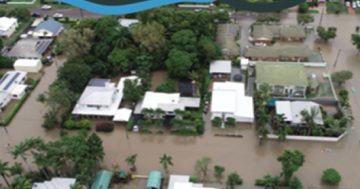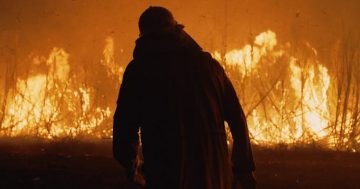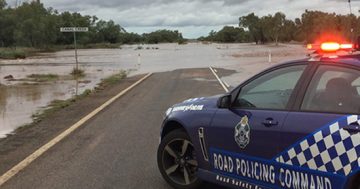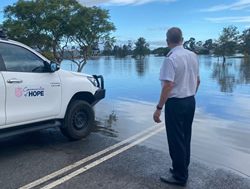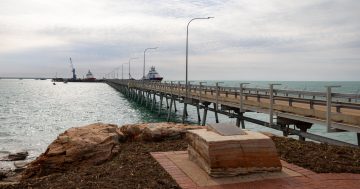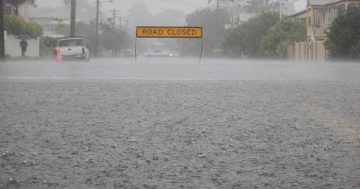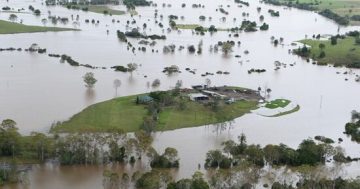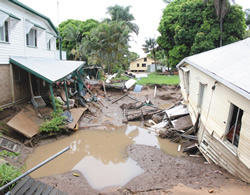 Disaster-resilience strategies for three regions in Queensland have been released as part of the State’s Resilient Queensland in Action plan to address the Sunshine State’s ability to recover from natural disasters.
Disaster-resilience strategies for three regions in Queensland have been released as part of the State’s Resilient Queensland in Action plan to address the Sunshine State’s ability to recover from natural disasters.
The first three strategies cover the Central West, Mary and Fitzroy regions, with the Resilient Queensland in Action plan outlining the first 18 months of activities and initiatives delivered as part of the Queensland Strategy for Disaster Resilience.
Minister for State Development and Minister Responsible for the Queensland Reconstruction Authority (QRA), Cameron Dick said if communities became more resilient, they could recover from disaster more efficiently and effectively.
“Disaster resilience means we understand the potential disaster risks we face; we work together to better manage disaster risk, and we continually improve how we prepare for, respond to, and recover from disasters,” Mr Dick said.
“These regional resilience strategies have been created in collaboration with councils and prioritise resilience-building and mitigation projects that protect from cyclones, flooding, bushfires, and other severe weather events and associated hazards.”
Chief Executive of the QRA, Brendan Moon said the Central West, Mary and Fitzroy regional resilience strategies were specifically tailored to encourage locally-led and regionally-coordinated management of disaster risks.
“We know from experience that disasters are not bound by boundaries and the same weather event can have varying impacts on different communities,” Mr Moon said.
“The regional-specific strategies recognise the factors driving the need to strengthen Queensland’s disaster resilience.”
He said these factors included: Natural hazards are more frequent and intense; essential services are interconnected and interdependent; people and assets are more exposed and vulnerable; disaster impacts are long term and complex, and momentum is building to address financial impacts of a changing climate.


